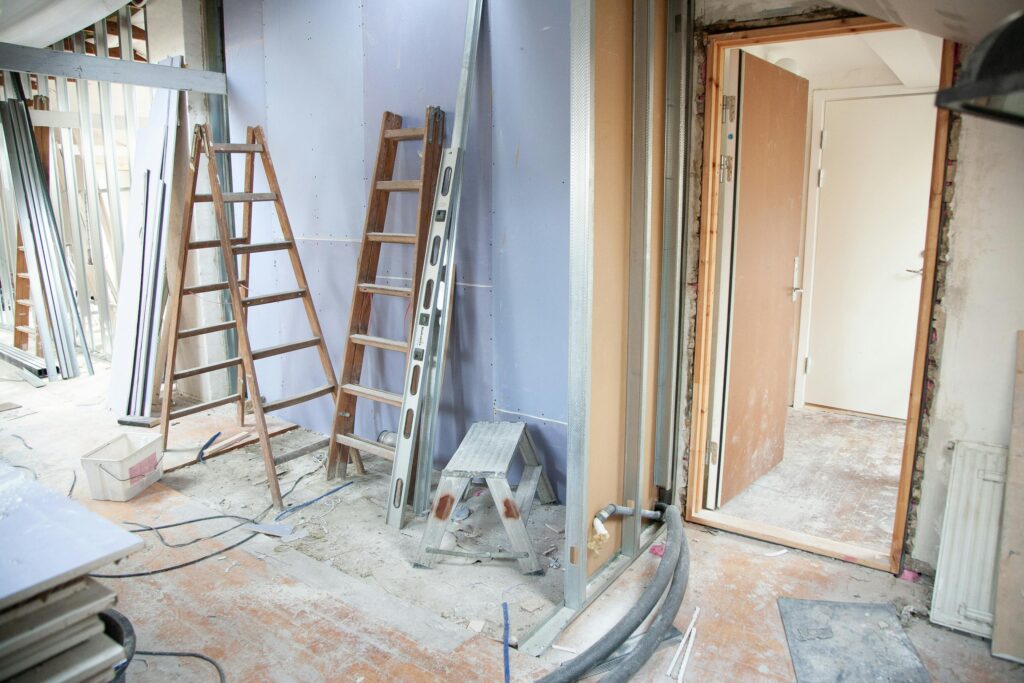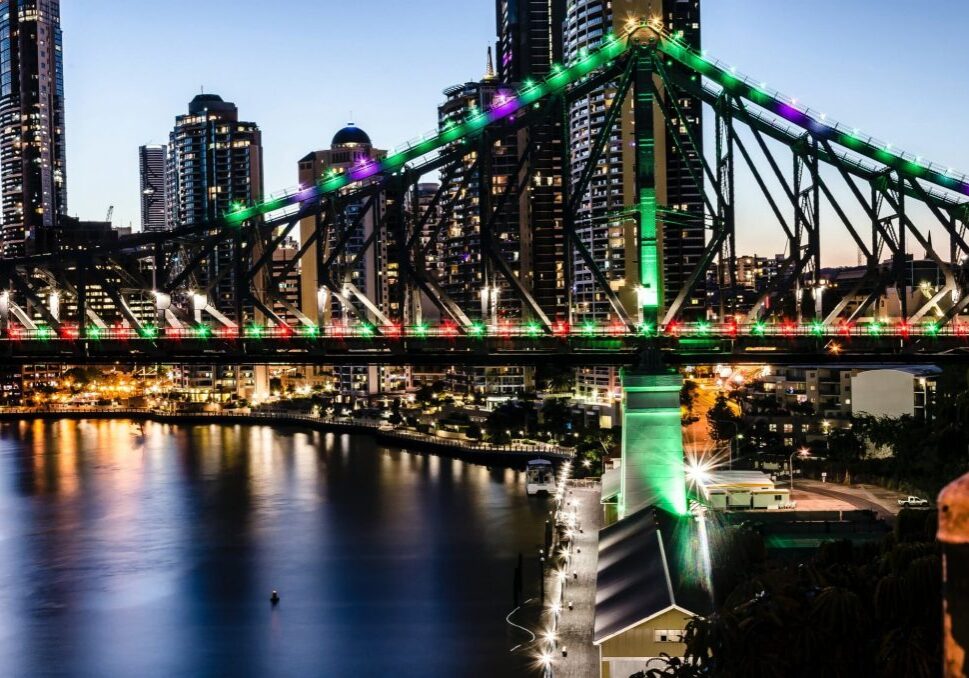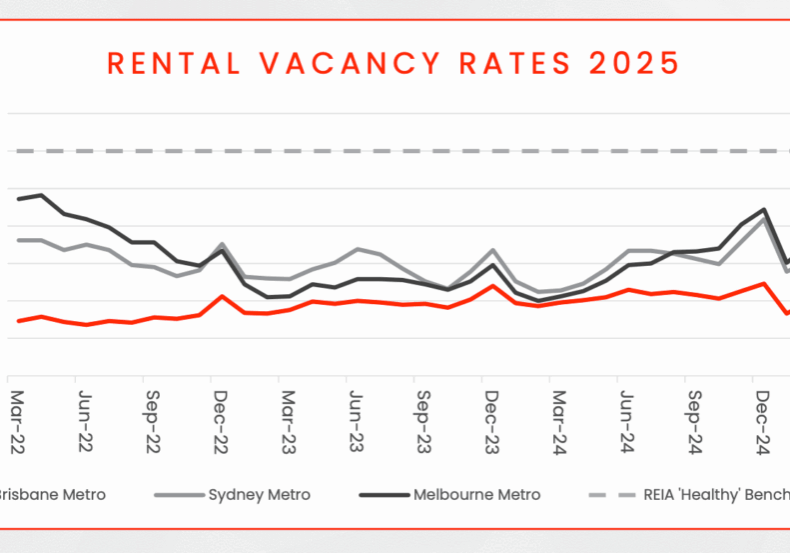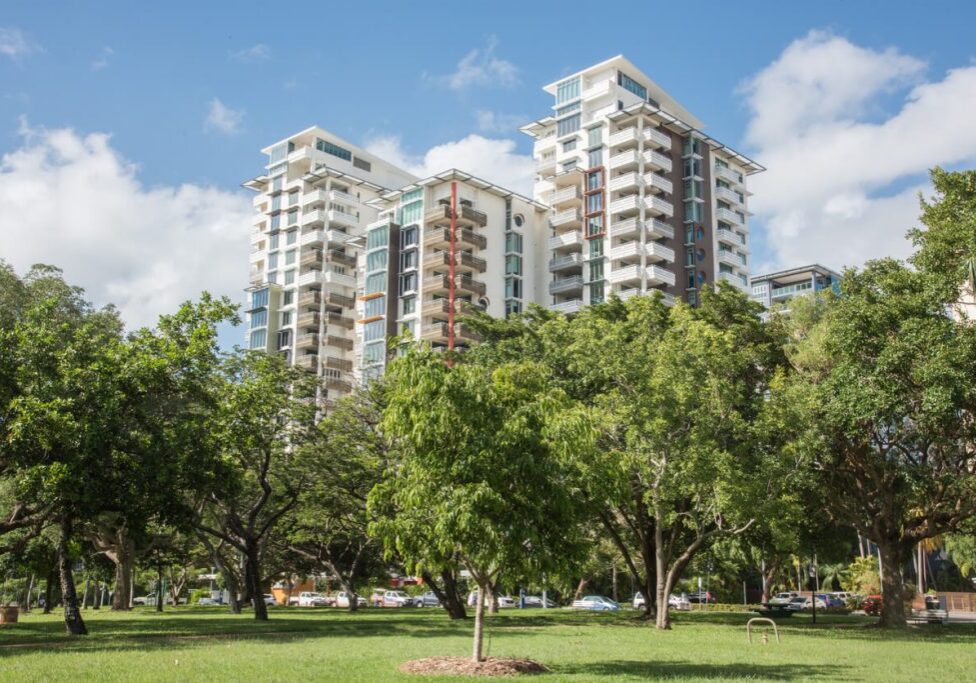How much to budget for rental property maintenance?

Maintaining and budgeting for rental property expenses, whether it’s routine maintenance or capital expenses, is a crucial aspect of property management in Brisbane. It may not be the most exciting topic, but it’s one of the most overlooked aspects of being a landlord. In this article, we’ll explore why budgeting for maintenance and capital expenses is essential and provide some expert tips for property investors in Brisbane. If you already have an investment property or are looking to purchase one and are thinking “How much should I budget to upkeep an investment property” … read on!
Why budgeting matters:
Neglecting these expenses can lead to financial pitfalls and jeopardize your investment. Therefore, it’s crucial to plan and budget for these costs effectively to ensure the long-term success of your rental property. If you continue to put off maintenance items (especially preventative works), they can lead to larger jobs costing a much larger sum of money. Fixing smaller items immediately is not only a legal requirement, it keeps your property in the best possible condition. If you want the highest market rent, your property needs to match that standard.
Budgeting for maintenance:
Maintenance, often referred to as operating expenses, encompasses routine upkeep necessary to keep your rental property in good condition. This includes painting, inspections, property damage repairs, pest control, and various miscellaneous expenses.
Here are some general rules of thumb that investors can use to budget for maintenance:
- 50% Rule: Allocate up to half of your rental property income to cover total operating costs, including repairs, maintenance, taxes, and insurance. For example, if your property rents for $1,600 per month, expect to spend around $800 on upkeep.
- 1% Rule: Set aside at least one percent of the property’s value per year for maintenance. For a property valued at $800,000, you should budget $8,000 annually, which is approximately $666 per month.
- Square Footage Formula: Plan to spend a minimum of $1 per square foot for yearly maintenance costs. A 2,200-sq.ft. rental property could require approximately $2,200 annually for upkeep.
- 5X Rule: Expect annual maintenance costs to be about 1.5 times the monthly rental rate. If your property rents for $1,600/m, budget around $2,400 per year for repairs.
These rules provide estimates, but keep in mind that every property is unique. The key takeaway is that maintenance costs are real, and having a budget is crucial to ensure you’re prepared for unexpected expenses.
Budgeting for Capital Expenses:
Budgeting for capital expenses is more straightforward because you have specific items and known lifespans to consider. Here’s how to budget for capital expenses effectively:
- Research Lifespans: Determine the average lifespan of each capital expense item in your area. Find out the replacement costs for these items.
- Consult Local Experience: Talk to neighbours and fellow property investors in your Brisbane neighbourhood. Learn from their experiences and costs for similar repairs or replacements.
- Create a Detailed Budget: Calculate the total costs of replacing these capital expense items over their estimated lifespans. Divide this total by the number of months to determine the monthly reserve amount.
It’s advisable to be generous with your estimates, as costs can often exceed expectations. Keep in mind you need to also budget for the labour costs of the tradespeople doing the above jobs. By following this process, you can create a precise budget for capital expenses.
Minimum housing standards:
Budgeting for maintenance is highly recommended for investors in Brisbane and surrounding suburbs due to QLD’s new minimum housing standards that came into effect on 01 September 2023. Meaning if a tenancy agreement is signed or renewed from this date, the property must meet minimum housing standards. Minimum housing standards will come into effect for all remaining tenancies on 1 September 2024.
Minimum housing standards aim to ensure all Queensland rental properties are safe, secure and functional. These new standards apply to all types of tenancies, including general tenancies, moveable dwellings, and rooming accommodation agreements.
If a maintenance issue occurs during the tenancy which means the property no longer complies with minimum housing standards, it’s the tenant’s responsibility to make every effort to inform the property manager/owner or the nominated emergency repair contact about the issue. Repairs required to make the property meet minimum housing standards are classified as emergency repairs and the emergency repair process should be followed.
More information on the RTA website here.
Research and follow through:
In summary, there’s no one-size-fits-all approach to budgeting for maintenance and capital expenses. The critical factor is thorough research and diligence. Factors like property condition, value, age, type, neighbourhood, and weather conditions will influence expenses. Whether you’re new to investing or already own properties in the area, budgeting correctly is crucial.
The only wrong way to budget is to not budget at all or to underestimate expenses. As a property manager in Brisbane, I can attest to the importance of proactive budgeting to protect your investments and ensure long-term success.
Still have questions? Speak with our expert property managers at LINK Living today, call on 07 3899 3566




